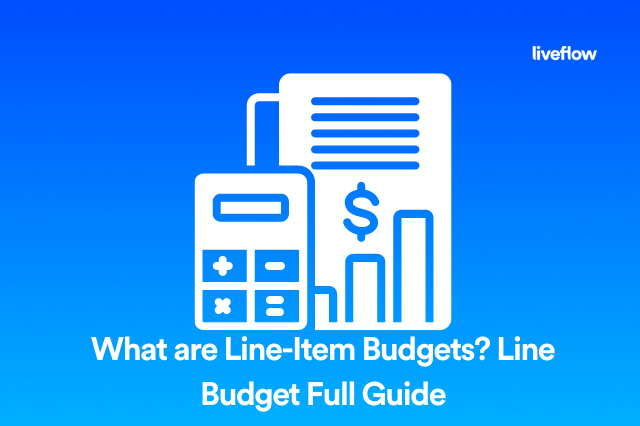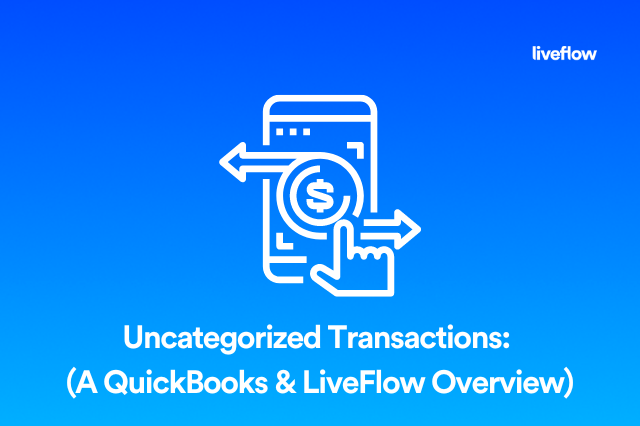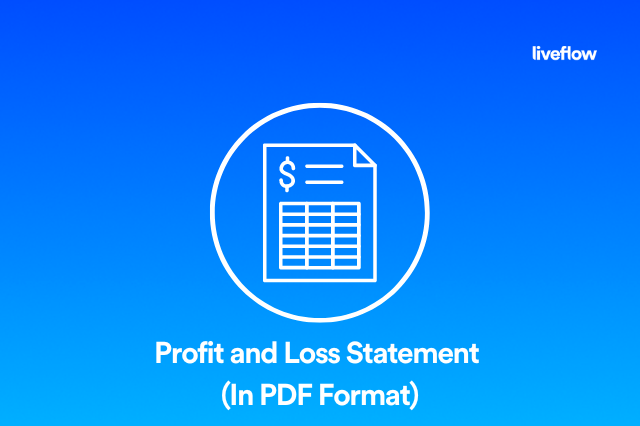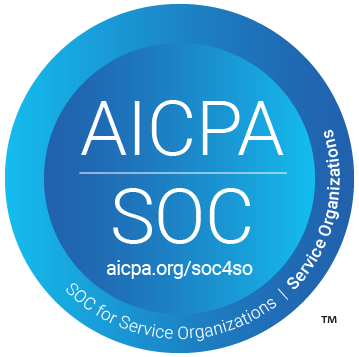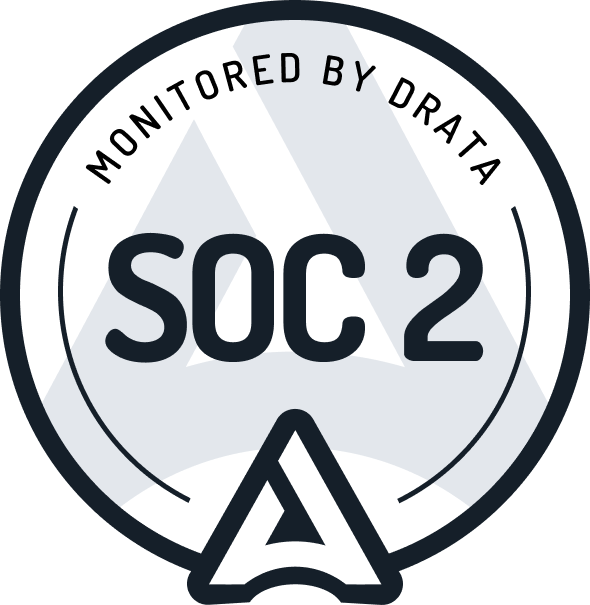When you’re an enrolled agent or CPA who works independently as a third-party service to companies, a lot of what you do is going to be all about legal compliance. The law dictates that your clients have to do their books in a certain way, and they have to comply.
However, while you might not think that you can ever be more than a checkbox on the financial compliance to-do list, it is very possible to become exactly that. In fact, if you’re interested in being more involved in the businesses you work with, you can progress in your career as an advisor or even a consultant. Here’s how.
Why Would You Want to Do More?
The first thing you probably need to know is why you might want to be more than just a step in the financial compliance process.
The truth is there’s a lot more technology involved in business accounting these days. Many of the software and automation options out there mean that companies can do more of the work themselves. This means that there’s less for enrolled agents to do, so you might find that you struggle to get enough billable hours in a month.
When you’re more than just a step in the process, you become less of a grudge purchase and more of an asset. Companies will seek you out to help them solve financial and accounting problems, and it’ll be a lot harder to replace you with a smartphone and an app.
Shifting to advising and consulting is not for everyone, but those who do make the switch will find themselves a lot more engaged in their client’s businesses, and they will have the opportunity to help them make real, positive changes.
How to Get Started
If you’re interested in being more of an advisor or consultant to your clients, rather than just processing their paperwork and doing their books to make sure they’re compliant, the first thing you should start doing is talking to them and paying attention to what they say. Check how Dorothy, a Fractional CFO and a mother of 4, has nailed it in her success story.
Your small business customers will probably tell you all about areas of their business that they’re struggling with if you just ask.
There are several things you might already be able to do to help your current clients with their business finances, such as:
- Helping them to create internal processes that make capturing and tracking expenses and revenue easier – these could be anything from simple dashboards to helping them find business management software.
- Advising them about their pricing structures, so that they can be more profitable – believe it or not, some companies don’t have clear cut pricing systems in place!
- Assisting in finding new vendors and negotiating better deals with new and existing vendors through the platforms like Vendr.
- Providing tax advice, including advice about legal ways to lower their tax bill.
- Advising related to hiring and retaining employees, employee benefits and more.
- Assisting in implementing and rolling out new systems – including accounting and bookkeeping software like LiveFlow.
- Assisting in completing loan and grant applications when they need to apply for financing.
These are just a few of the finance-related issues most small businesses need help with – and there are probably many more that you could add to this list.
Small and medium businesses are usually experts at what they do, but they’re not usually business experts. This means that financial and even administrative advice and consulting is very sought after in this sector and this is up to you to provide these services..
How to Change Your Business
The good news is that switching to doing more advisory and consulting work is likely to make you a bigger profit than simply helping clients to be compliant. It will also make you a lot more valuable to your clients, and a lot harder to replace.
However, it does also mean that you will have less time to spend on the repetitive manual tasks you used to do all day. If you’re like most accountants and bookkeepers, you’ll know exactly what those are – and how much time they take out of the day!
So, if you’re planning to go into this side of the professional financial services world, it’s a good idea to start implementing more automation of your own. Tools like LiveFlow can take a lot of the tasks you used to have to do the hard way off your to-do list, which will leave you more time to talk to customers, solve problems and transform your businesses.

.png)

